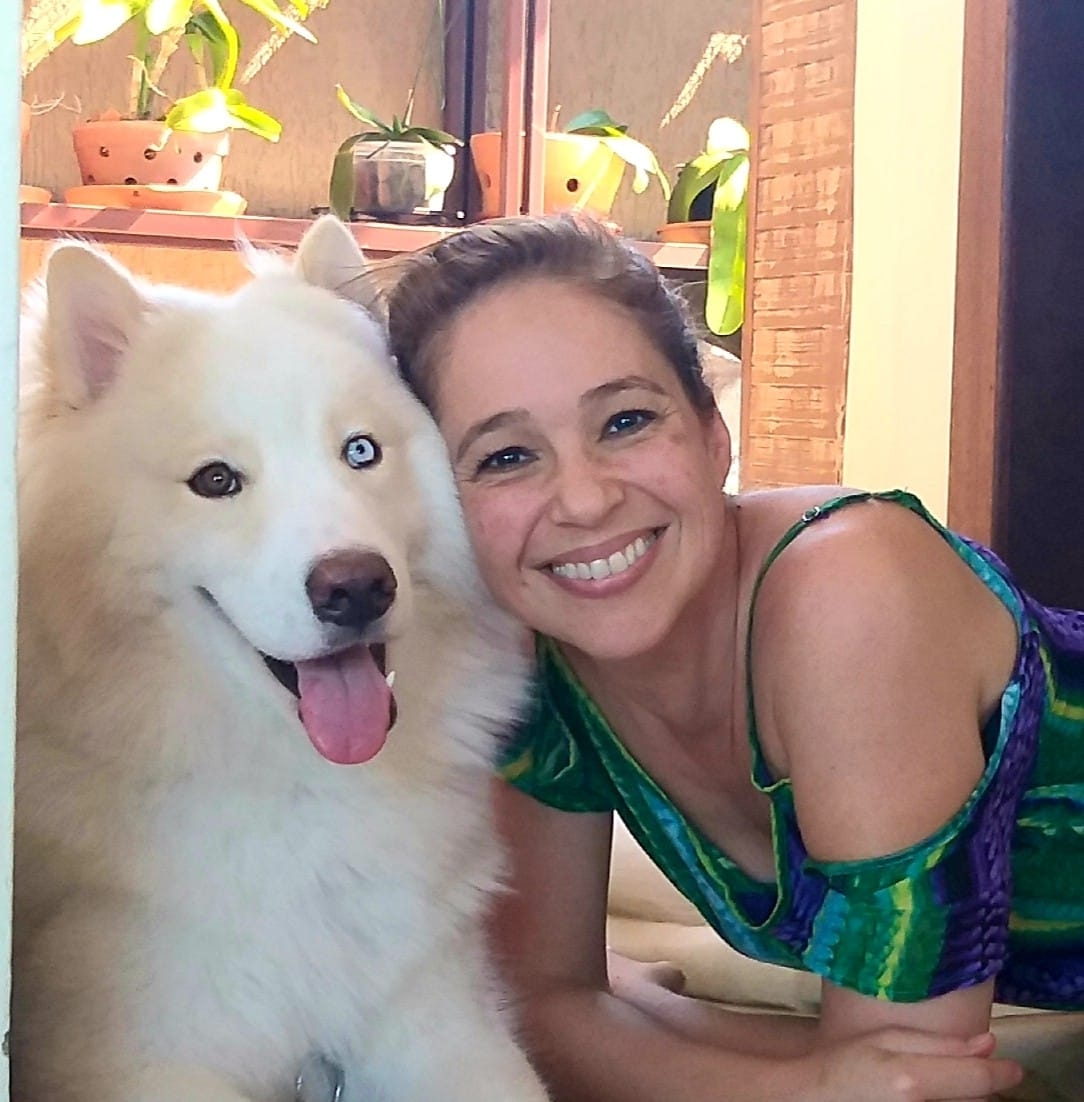
Choosing the Perfect Match
Being a responsible pet owner starts even before the dog arrives at your home. Choosing a dog that fits your daily life will ensure a better quality of life for both your family and the animal.
By making a thoughtful choice, you can better assess important characteristics of a dog that will fit into your routine. After all, you are committing to taking care of a living being that will depend on your love and care for its entire life.
By choosing the right companion, you and your pal will live happily together for many years. Take the quiz, and we will help you to find the perfect dog breed/profile for you!


Choosing the Perfect Match
Being a responsible pet owner starts even before the dog arrives at your home. Choosing a dog that fits your daily life will ensure a better quality of life for both your family and the animal.
By making a thoughtful choice, you can better assess important characteristics of a dog that will fit into your routine. After all, you are committing to taking care of a living being that will depend on your love and care for its entire life.
By choosing the right companion, you and your pal will live happily together for many years. Take the quiz, and we will help you to find the perfect dog breed/profile for you!
Who prepared the Quiz

Marcela Grèzes
Co-founder and CMO at Woof
Marcela has a postgraduate degree in animal behavior and specializes in feline and canine behavior. She has a JD from PUC-Rio and has attended Georgetown, where she participated in the Women in Leadership group and the United Nations Association. Marcela has presented Woof at the Web Summit 2018, Dublin Tech Summit 2019, TNW 2019 and several other tech events across over 10 countries. She has led Woof to be selected among over +1000 startups to be in 360Lab’s acceleration program in Austria. Marcela has rescued dozens of animals and dedicates her life to improving the quality of life of animals.

Dante Camacho
Trainer and Founder of Dante Dog Works
Animal trainer for over 25 years, international dog sports competitor, dog training instructor and one of the pioneers of positive dog training in Brazil. Professor in the Postgraduate Program in Animal Behavior and Welfare at UNIRP University also serves as a training consultant for the Zoobotanical Park of São José do Rio Preto/SP. Dante seeks to promote healthy relationships between people and their dogs, always with a focus on providing a complete learning experience, where their mental, physical, and emotional well-being of dogs is prioritized. Dante believes that training a dog is about building a bond, a relationship of trust, and providing the dog and their family with a better life.

Michael Shikashio
Expert in canine aggression and founder of AggressiveDog.com
Michael focuses on teaching other professionals around the world how to succeed in working with aggressive dogs. He is a former president of the International Association of Animal Behavior Consultants (IAABC), a full member of the Association of Professional Dog Trainers (APDT), and is certified by Fear Free and Dogbiz. Michael gained visibility by providing expert opinion on cases of canine aggression for various media outlets such as the New York Times, New York Post, Fox News, among others. He also has a podcast called "The Bitey End of the Dog," where he discusses the topic of aggression with subject matter experts. He has given lectures at conferences, universities, and seminars around the world.

Fabiana de Andrade
Researcher in the Group MegaGen
Biologist and Geneticist, with a Master's and Doctoral Degree in Genetics from UFRGS, and a Postdoctoral experience in England. I have 20 years of experience as a professor at the higher education level, both in undergraduate and graduate programs. I am a member of the Animal Genetic Improvement Research Group (MEGAGEN) at UFRGS and the visionary mind behind geneticacanina.com. My work involves also genetic counseling for dog breeders, as well as providing technical assistance at Box4Pets Lab.
Who prepared the Quiz




Disclaimer!
If you are considering adopting or purchasing a purebred dog, before selecting the breed and the kennel from which you will acquire your puppy, we have some questions for you to get some ideas and provide some insights. An informed acquisition/adoption greatly increases the chances of you getting a dog that meets your expectations and also supports the quality of breeders’ work who prioritize the dog’s and puppies’ wellbeing.
The first of them is a copy of the respective pedigrees, along with the contract ensuring the pedigree of your puppy as soon as it is issued.
There are two primary reasons for requesting the parent’s pedigrees. First, it ensures that you are supporting a breeder where the dogs are registered, as without knowing the ancestral data, the breeder cannot work towards genetic improvement. Breeders who do not register their dogs often prioritize profit over the breed’s quality or the dogs’ health.
The second reason for knowing the parent’s pedigrees before choosing the puppy and receiving copies of them is to evaluate the names of the parents, grandparents, and great-grandparents. The more frequently names are repeated in the maternal and paternal pedigrees, the higher the likelihood of inbreeding among puppies, which means a high risk of many different diseases that your puppy might face.
Even if a litter has been separated from the mother for some reason (for instance, no longer being nursed by the mother), it is essential for the puppies to interact with each other and preferably with the mother and other adult dogs until they are at least 60 days of age. This interaction is crucial for the development of the dog’s personality and will help prevent future behavior problems.
– The breeder provides you with the puppy’s vaccination record, with vaccine stamps and veterinarian’s stamp/signature.
– The breeder provides you with the microchip statement.
– You agree to and fully understand all of the terms of the purchase and sale contract.
– Along with the puppy, you should receive all these documents, as well as the parent’s pedigree copies, the health exams conducted on the parents before breeding, and paternity test reports.
Stay tuned with our latest news and get access to the best pet content
Sign up now!




